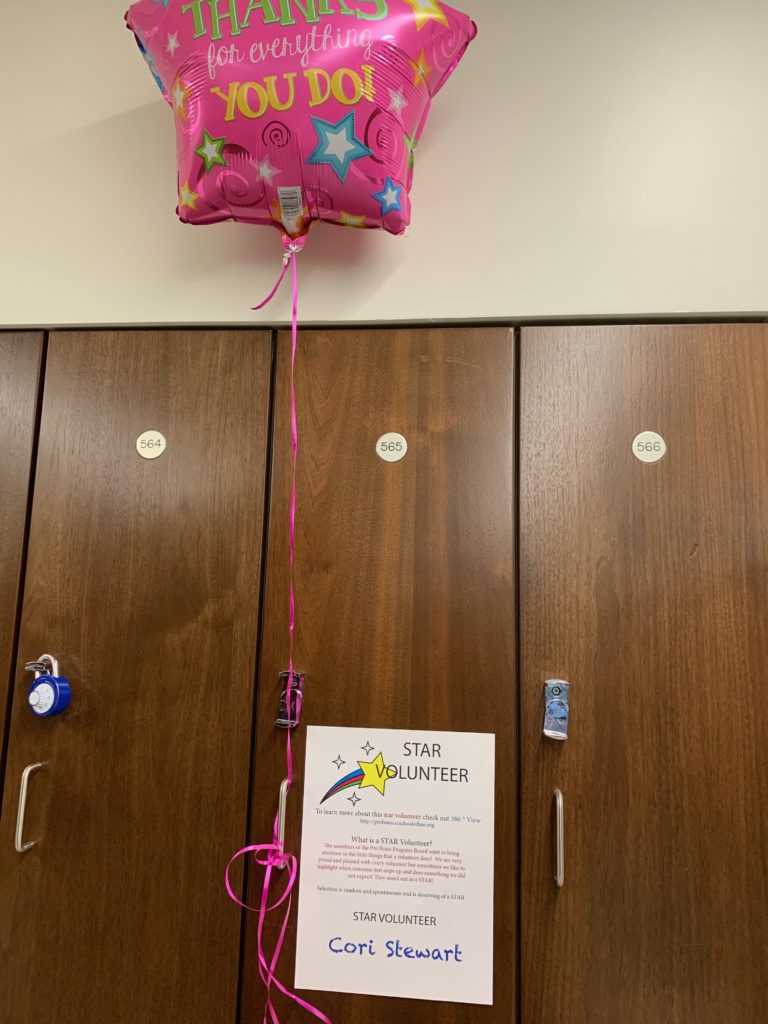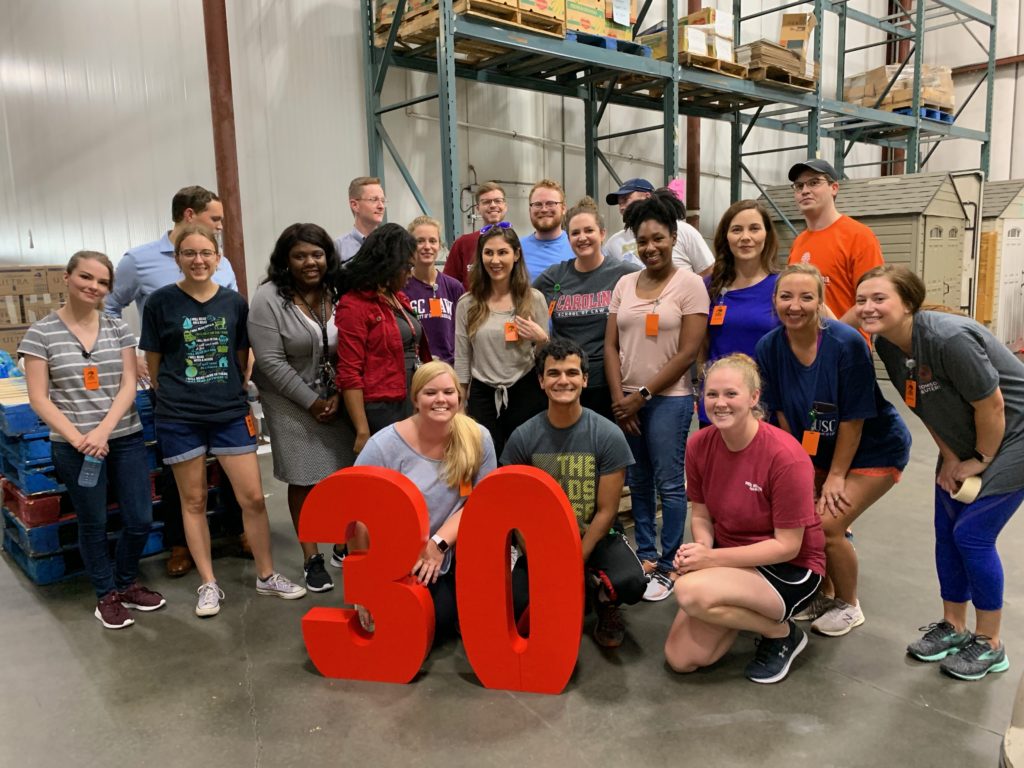Wrong, just plain wrong! Florida attorney just can’t stop himself!
The court found error in a finding of remorse
In the instant case, we hold that the referee’s finding of remorse is clearly erroneous and without support in the record. The record evidence demonstrates that Horton testified at length about the harm to his reputation in the community and the effect these proceedings have had on his family. He accused the Bar of prosecuting him “as a trophy being hunted for the kill so [his] head could be mounted on their wall” and compared the proceedings to “facing a firing squad for a traffic violation.” Further, Horton has continuously attempted to minimize his misconduct, asserting repeatedly that no client was harmed and no money was missing. We find no evidence in the record to indicate that Horton has expressed remorse for his misconduct or otherwise accepted responsibility for his actions.
The misconduct involved elderly clients
As it pertains to R.O.C., Horton paid himself fees in multiple amounts from August 2014 through November 2016. In 2014, Horton wrote himself thirteen checks from R.O.C.’s account totaling $13,700. That year, Horton invoiced R.O.C. for his legal fees. In 2015, Horton wrote himself thirty-four checks, totaling $43,000. However, he returned approximately $4800 to R.O.C.’s accounts. In 2016, Horton wrote himself thirty-three checks, totaling $82,840, and he returned approximately $40,050 to R.O.C.’s accounts. The referee determined that “[g]iven respondent’s financial circumstances, the additional funds were taken to help minimize the monetary issues that he was facing.” Regarding the $40,000 that Horton returned to R.O.C. in 2016, the referee determined that there “was no satisfactory rationale” to explain why Horton took these funds. Horton did not invoice R.O.C. for his legal services in 2015 and 2016. Although Horton eventually advised R.O.C. of the payments in writing, he only did so after the Bar began its investigation. And, in doing so, Horton inaccurately represented to his client that he took $38,200 in 2015 and $39,760 in 2016 without further elaboration. Accordingly, we find that the record supports a finding that Horton deliberately transferred funds from R.O.C.’s account for his own personal benefit, knowing that he was not entitled to those funds.


